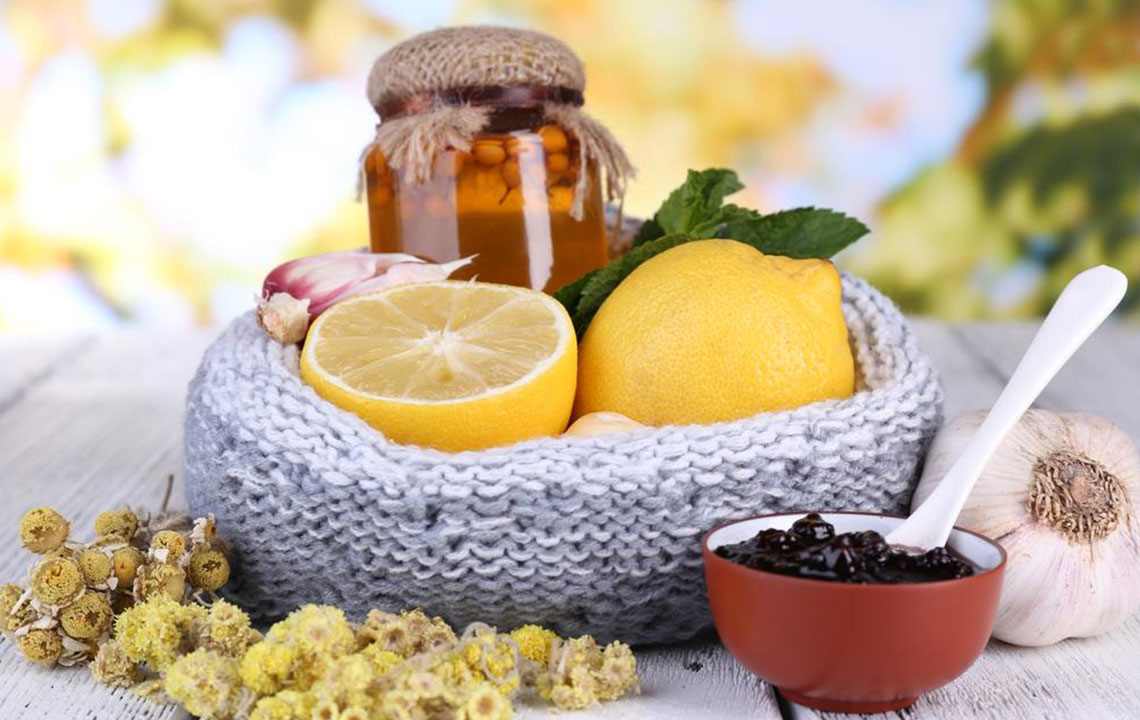Effective Strategies to Overcome Depression Naturally
Discover effective natural approaches to managing depression. This guide highlights key lifestyle changes such as diet, sleep, sunlight exposure, and alcohol moderation to help improve mood and mental health without medication. Empower yourself with practical tips backed by research to promote emotional well-being and reduce symptoms of depression naturally.

Effective Strategies to Overcome Depression Naturally
Depression is a profound mental health condition characterized by persistent feelings of sadness and hopelessness, often triggered by stressful life events or trauma. It can alter thought processes and lead to symptoms such as loss of appetite, sleep disturbances, physical pains, and exhaustion. While antidepressants are sometimes necessary, many healthcare providers recommend lifestyle modifications and natural approaches to help manage symptoms, enhance serotonin levels, improve sleep, and reduce stress.
Patients are encouraged to discuss these approaches with their doctors to find the best personalized plan.
Here are some lifestyle tips to help combat depression without medication:
1. Consume mood-boosting foods
Eating nutrient-rich foods can increase serotonin, the mood-regulating neurotransmitter. Foods like eggs, turkey, whole grains such as brown rice, and vegetables like sweet potatoes can help elevate happiness and calmness. Serotonin also supports healthy sleep cycles and digestion, contributing to overall mental well-being.
2. Prioritize quality sleep
Sleeping well is essential for emotional balance. Research shows sleep deprivation elevates depression risk, as sleep influences mood-controlling hormones like serotonin and melatonin. Aiming for at least seven hours of restful sleep nightly can help regulate mood, reduce stress, and support mood stability. Poor sleep is linked to lower serotonin production, worsening depressive symptoms.
3. Increase vitamin D intake
Vitamin D, a vital hormone produced through sunlight exposure, can naturally uplift mood and bolster cognitive functions. Spending time outdoors daily, especially in sunlight, enhances vitamin D production, aiding emotional health. Dietary sources like eggs, mushrooms, fatty fish, and fortified foods also contribute to optimal levels.
4. Minimize alcohol consumption
Alcohol acts as a depressant and can intensify depression symptoms by disrupting mood regulation in the brain. Avoiding or limiting intake of beer, wine, and spirits is recommended for those with depression, as alcohol interferes with sleep, appetite, and brain chemistry, potentially worsening mental health.
Note:
Our content offers helpful guidance based on available research, but it should not replace medical advice. Always consult healthcare professionals for personalized treatment. The information provided is for educational purposes and may not encompass all available options or latest developments in depression management.










